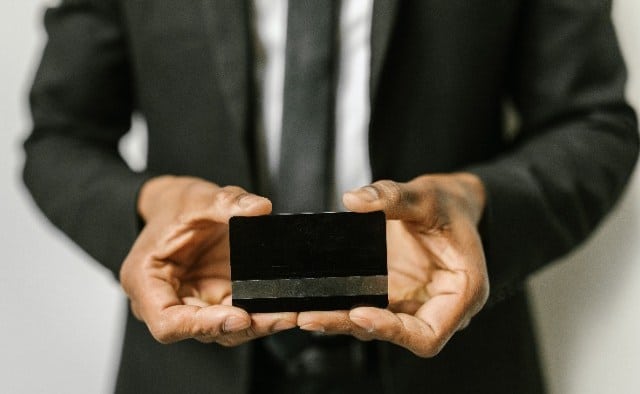Last Updated on July 24, 2022 by The MediFi Guy
Let’s start with what many argue is pretty much the one and only reason you should ever consider private banking (and why at this stage as a final year medical student/intern it still doesn’t justify you getting private banking):
You need access to a loan that requires a special relationship with the bank.
That’s it. That’s the only real financial justification for private banking.
The two most common scenarios where this applies are if you require a vehicle financing loan or a home loan. The benefit of private banking in these cases is that certain banks tend to offer lower interest rates and quick approval of the loans if you’re a private banking client.
We have already covered the reasons why financing a brand new car is ill-advised and why purchasing a car in cash is preferred, therefore the vehicle loan scenario can be put aside.
When it comes to the question of a home loan there are two things to consider. On the one hand, there’s the fact that in the vast majority of cases renting makes more financial sense than buying a house (as surprising and counterintuitive as that might seem – something will be a topic of a future post). On the other hand, there’s the reality that the early years of your medical career (internship, community service, and post-commserve job hunting) will require frequent relocation. If you’re considering buying a house in which to permanently reside, it would be preferable to only do so once you’re guaranteed to be residing in a particular place for an extended period, at least 5 years. Therefore the home loan scenario can also be put aside.
As for reasons not to get private banking, first a quick word on the psychology behind it. The vast majority of final-year medical students are fooled into signing up for fancy private banking accounts by the perceived sense of exclusivity, and the subconscious desire to feel better or of a higher status than others by being part of an exclusive “premium” club. The “black card” effect. It is this feeling of exclusivity and perceived status that they are in fact paying the R300 – R400 monthly account fee for, rather than any actual financial benefit. Do not fall for this psychological trap.
The supposed “benefits” of private banking are often touted as including things such as:
Not having to queue in banks.
24hr access to a private banker.
“Free” financial advice.
Wealth management services.
Access to fancy exclusive clubs/restaurants/airport lounges.
“Free” monthly airtime/data
Let us dissect each supposed “benefit” in turn.
Not having to queue in banks.
How many times have you had to physically go to the bank in the past 5 years? Three, four, maybe five times in total? And did it take you the entire day? Even if it did take the entire day, is avoiding the minor inconvenience of scheduling 1 or 2 days a year to sort out an issue at the bank worth paying a monthly fee of R400, as opposed to a monthly fee of R5 for another current account? No. No, it is not.
24hr access to a private banker.
In the same way that you can and have been doing everything you need to do via your bank’s app/online portal and only on the odd occasion physically going to the bank, sometimes not needing to do so years at a time, you can continue to do so. You didn’t need 24-hour access to anything before. You still don’t.
“Free” financial advice.
Already discussed in my previous posts regarding financial advisors – please refer to them for further details.
Wealth management services.
Also already covered in the financial advisors’ posts.
Access to fancy exclusive clubs/restaurants/airport lounges.
You will most likely never visit any of those exclusive places, and even if you do you will not do it to the extent that you get your money’s worth. Unless you intend to randomly go chill at an airport lounge once a month. You’re simply paying R400pm for the idea that you could.
“Free” monthly airtime/data
You could very easily just buy R400 worth of airtime and data yourself every month if that’s what you need (you don’t).
In summary, private banking tends to be a complete waste of money unless you’re planning to settle down somewhere and buy a house. A standard low-fee transactional current/cheque account serves all the essential day-to-day functions most people require. If you look hard enough, you can even find some with monthly fees as low as R1.00, that comes with a nice-looking black card you can still use to impress your friends.
Legal Disclaimer: The information on this website including research, opinions or other content is not intended to and does not constitute financial, accounting, tax, legal, investment, consulting or other professional advice or services. The author of this blog does not act or purport to act in any way as a financial advisor or in a fiduciary capacity. Prior to making any decision or taking any action, which might affect your personal finances or business, you should take appropriate advice from a suitably qualified professional or financial adviser.
